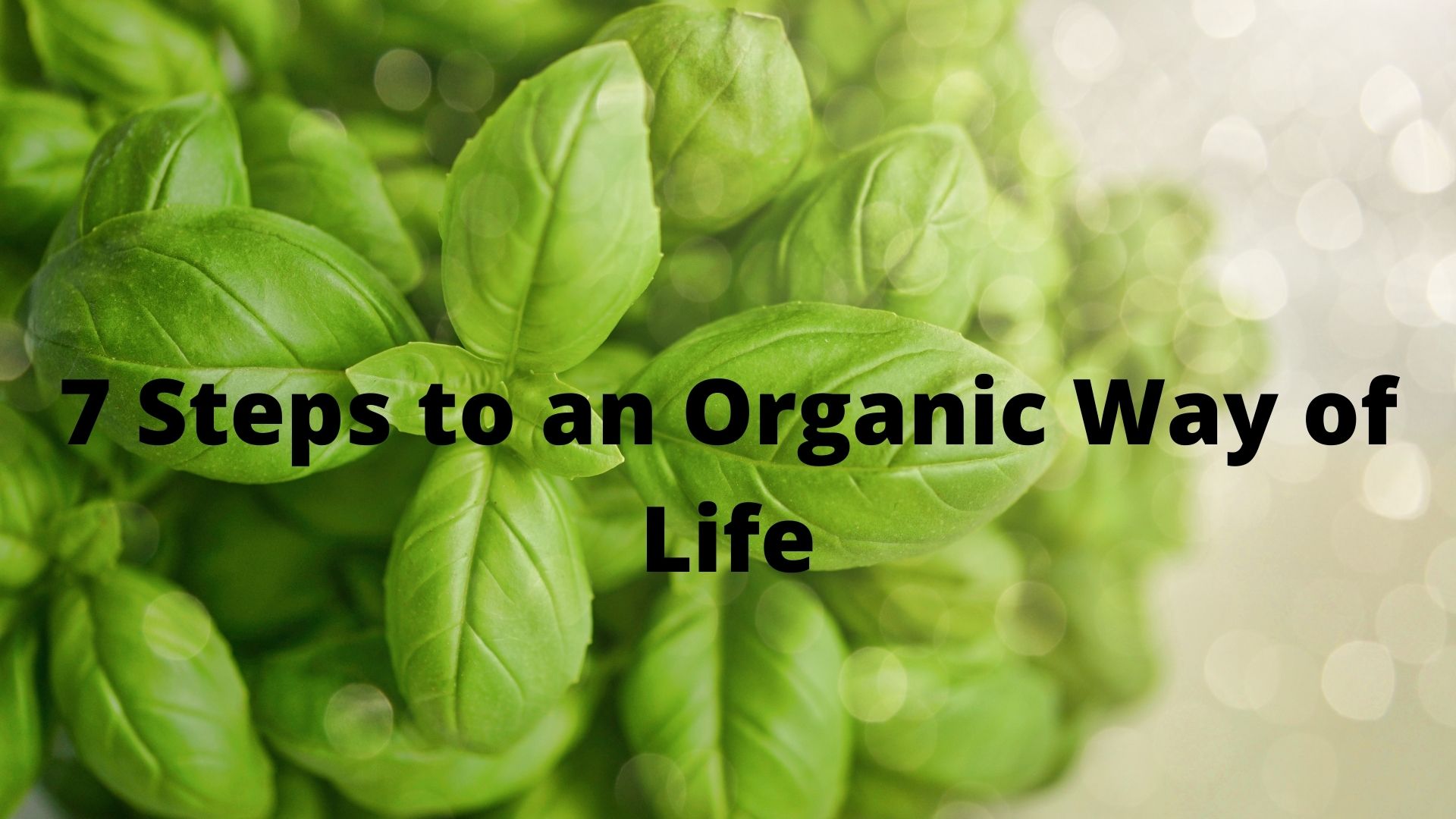The advantages of choosing a more organic life over the conventional one. In the western world have been proven through research.
Many people who see the potential benefits of incorporating organic food and other. Organic items into their lives can fall by the wayside.
I recommend a different approach: take small steps, observe any changes. In your health, moods, and energy levels, and after you’ve done that, you’ll be driven to move on to the next level.
To make it easier for you, I’ve put together seven simple steps you can do on a daily basis to embrace more organic-driven habits.
- Begin with the basics
That you have lovingly prepared from seed to plate is a powerful motivator.
If you can find a producer who provides quality of life for his stock, cold pressed olive oil and coconut oil.
You involve the entire family in the food preparation. And cleanup, providing you the opportunity to learn about the origins and benefits of the food they’re eating.
- Look into local food providers
This is a simple thing you can do to make a big difference.
- Go to a farmers’ market
Look for farmers markets in your area. Ask local food producers about their produce, what’s in season. What farming procedures they employ to bring the fruit to market, and what their favourite way to eat it.
If you don’t have access to a farmers market. Look for a local organic produce market or a business that delivers organic produce. Every week, I receive a gorgeous surprise box of seasonal organic produce brimming with deliciousness from a local organic business in Byron Bay for a very cheap fee. It pushes me to cook using the freshest, most flavorful ingredients, and I know the results will be fantastic.
- Pay attention to the labels
Many grocery store items are unrecognisable from what they were in their natural state. Overly processed, any natural fats stripped out and replaced by sugar. Which can cause addiction, obesity, diabetes, and a host of other health and societal issues. And having a shelf life that could possibly outlast a nuclear holocaust.
Take some time to read the labels and the nutrition panel the next time you’re in the grocery. If the font is too small, bring your reading glasses — it will open your eyes, I guarantee! If there are any ingredients you don’t recognise, ask yourself. “Would I put it in if I were making this at home from scratch?” I like to employ the Nana Rule: ask your grandma if she recognises something, and if she doesn’t, don’t eat it!
- On the outskirts, there’s a shop
I’m not suggesting that you go shopping on the outskirts of town. What I mean is that you should shop for the majority of your groceries at the supermarket’s outside aisles. The fruit and vegetable, meat, and fish areas of supermarkets are typically located on the store’s perimeter.
- Something should be grown — anything
You may not have the space for a full-fledged vegetable garden brimming with ripe tomatoes, robust lettuces. And gigantic aubergines —but if you do, send us a photo!. On a balcony, you could plant a pot of cherry tomatoes. If you don’t cook, pluck some fresh herbs and munch on them as you go about your day .It’s the best ‘vitamin pill’ you could ask for and possibly the most nutrient-dense thing you’ll eat all day.
- Don’t be too strict with yourself
And understand about what you eat helps foster awareness, wonder. And joy in the most fundamental of goods — your daily food.
Suggested Read: Swachhbharat




